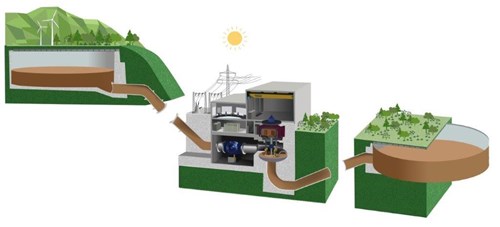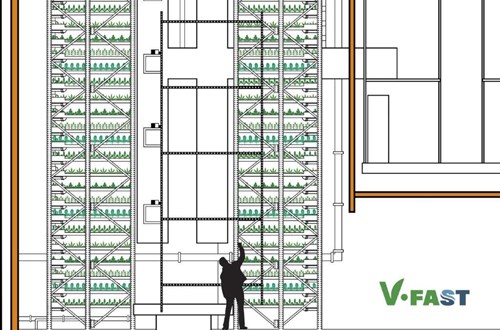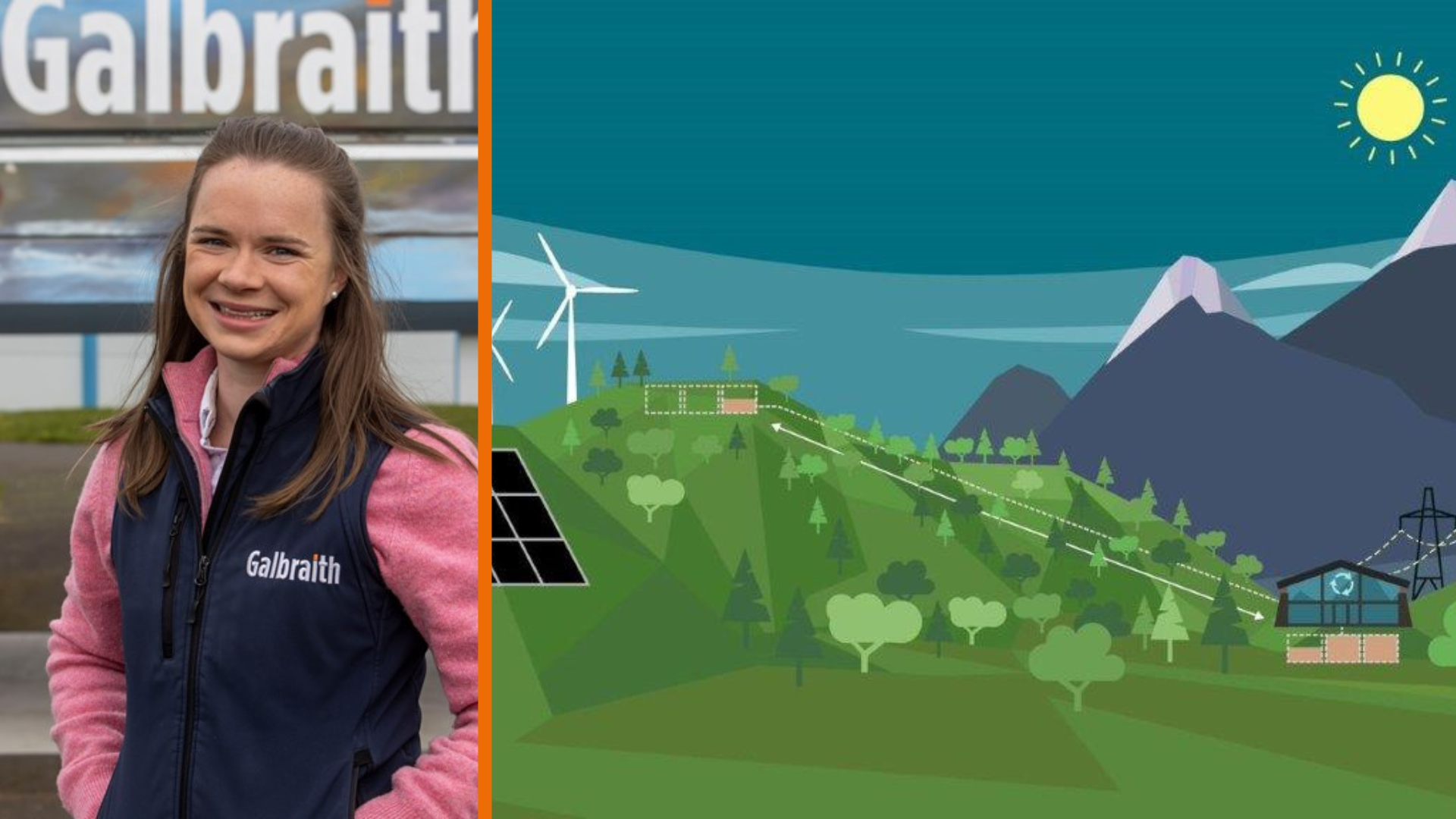Plans are being made for a series of renewable energy-powered, ultra-high-tech farms in Scotland that could change forever the way we grow food.
A number of UK companies have linked to build several low-carbon vertical farms using a mix of technologies and have identified sites between Dumbarton and Dundee for the project.
They will use soil-free growing techniques and stack crops in specially designed beds and trays, all powered by 100% Scottish renewable energy. Low use of water, fertiliser and pesticide will bring environmental benefits, according to Vertical Farms and Storage Technologies (VFAST), the consortium behind the plans.
Each site of one hectare (2.47 acres) or more will be housed in a large building and use artificial light and climate control for optimum results, with the aim of providing fresh, locally produced salads and fruits to more than 60% of the Scottish population. The system operates well using sites of lower quality than used for traditional farming.

The technology can produce crops unsuited to the Scottish climate which are therefore currently imported. It can also extend the growing season and more quickly develop crop breeding or starter plants. The UK imports 50% of its food, so vertical farms can boost locally grown produce while potatoes, carrots and barley continue to be grown locally at scale and low cost.
Both food and energy producers aim to decarbonise and meet environmental goals. VFAST said the plan would help meet the Scottish Government’s ambitions to produce more homegrown fruit and vegetables. Initial harvests are likely to include herbs and leafy greens such as basil, rocket, lettuce and chilli peppers.
The partner companies hope to identify and build joint projects combining vertical farming, energy generation and a novel pumped energy storage process, developed by the start-up RheEnergise, that uses a fluid 2.5 times denser than water, so it can be installed on small hills instead of mountains and generate power outputs similar to those of much larger hydro schemes.

Energy cost is a key barrier to crop diversification in vertical farming and ‘total controlled environment agriculture’ so the scheme could unlock an even wider range, such as alternative protein.
The consortium has identified the line of low hills spanning the Campsies, Ochils and Sidlaws for the projects.
The renewable energy project size is variable – from a small unit to power one ‘V-Farm’ to an installation large enough to support a whole town, with vehicle charging and businesses. The storage provider can deliver energy to local consumers at a lower than normal cost.
“Each new vertical farm would provide high quality food at a lower cost than a typical indoor farm drawing energy from the local grid,” V-FAST said.
The sites will employ wind and solar generation and energy storage, often in the same area to maximise land use efficiency. renewable generation is low-cost but intermittent.
To ensure near-constant power, the farms will need a Long Duration Energy Storage (LDES) solution of 8-12 hours – that’s longer than existing battery technologies can economically provide.
The High-Density Hydro storage system developed by RheEnergise will provide the farms with grid stability and reliability.
The farms will use the latest innovations to maximise low-cost food production. Co-locating storage and a vertical farm means they use the same space and grid connection, with the growing area occupying upper levels and storage, the lower.
V-FAST comprises UK Urban AgriTech (UKUAT), Vertegrow, Light Science Technologies, RheEnergise, the James Hutton Institute, LettUs Grow, IGS, and Sprung Structures.
“Energy and labour are the two biggest operational costs for any vertical farm,” said Graeme Warren, CEO of Vertegrow. “V-FAST can reduce the cost of energy and so would go a long way towards enabling vertical farms to offer affordable and competitively priced produce.
Sustainable and carbon-neutral growing are of key importance when replacing imported crops.” Stephen Crosher, CEO of RheEnergise, added: “renewables plus high-density hydro can not only provide stable low-cost power to the vertical farms, but also extend these very same benefits to consumers, industry and businesses across the entire Scottish central belt.”

